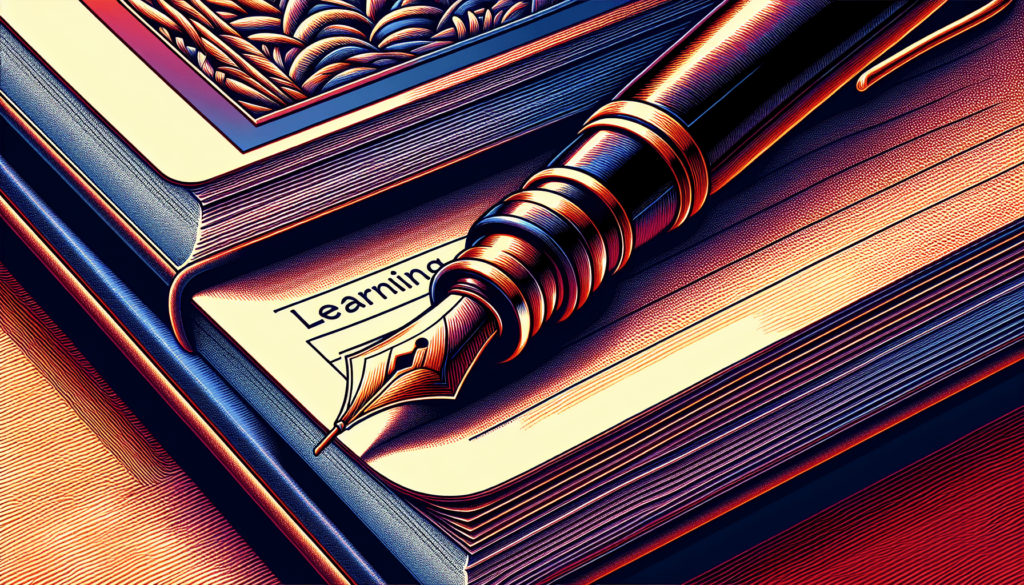Are you getting ready to tackle your upcoming GCSE maths exam? Feeling overwhelmed and don’t know where to start? Look no further! We have just the thing to help you ace that test. Our article, “Practice Questions,” is packed with all the information you need to get a better understanding of the subject. From algebra to trigonometry, statistics to geometry, we cover it all. Not only do we provide helpful revision tips and study strategies, but we also offer practice questions to test your knowledge. With our comprehensive curriculum guide and online learning resources, you’ll be well-prepared to tackle even the toughest maths problems. Don’t let exam anxiety or time management stress you out. Let us guide you towards success with our expertise in tutoring and educational technology. So, what are you waiting for? Start practicing those math skills and unlock your full potential today!
GCSE Maths
Welcome to the world of GCSE Maths! In this article, we will explore the importance of GCSE Maths, the syllabus content, revision techniques, and much more. Whether you’re a student, teacher, or parent, this comprehensive guide will provide you with valuable insights and tips to excel in this subject.

Importance of GCSE Maths
GCSE Maths holds immense significance in your academic journey and beyond. It equips you with essential numeracy skills that are applicable in various aspects of everyday life. From managing personal finances to making informed decisions, having a strong foundation in Maths is crucial.
Furthermore, GCSE Maths serves as a prerequisite for many further education courses and career paths. It is often a minimum requirement for higher-level studies in fields such as science, engineering, finance, and technology. Therefore, performing well in this examination not only opens doors to educational opportunities but also enhances your employability prospects.
GCSE Maths Syllabus
The GCSE Maths syllabus encompasses a comprehensive range of mathematical concepts and skills. It is designed to develop your understanding of algebra, geometry, trigonometry, statistics, and probability. Let’s delve into each section in detail:
Algebra
Algebra is a fundamental branch of mathematics that deals with the manipulation and representation of symbols and equations. It introduces you to the concept of variables and expressions, allowing you to solve equations and inequalities. By mastering algebra, you will gain problem-solving skills that are applicable across a broad range of disciplines.
Geometry
Geometry focuses on the study of shapes, sizes, and properties of figures in two and three dimensions. It involves the exploration of angles, lines, triangles, quadrilaterals, circles, and more. Geometry helps you develop spatial reasoning and visualization abilities, which are essential in fields such as architecture, engineering, and design.
Trigonometry
Trigonometry is the branch of mathematics that deals with the relationships between angles and sides of triangles. It enables you to calculate lengths, angles, and areas in various geometric scenarios. Trigonometry has practical applications in fields such as physics, navigation, surveying, and engineering.
Statistics
Statistics involves the collection, analysis, interpretation, presentation, and organization of data. It equips you with the skills to make sense of numerical information and draw meaningful conclusions. Statistical concepts are widely used in fields such as finance, economics, social sciences, and medical research.
Probability
Probability is the study of uncertainty and the likelihood of events occurring. It enables you to analyze and quantify uncertainties, allowing you to make informed decisions based on the available information. Probability concepts find applications in various fields, including finance, risk assessment, and genetics.
GCSE Maths Revision Techniques
Preparing for your GCSE Maths examination requires effective revision techniques. Here are some strategies to help you make the most of your revision time:
Effective Revision Strategies
Develop a revision plan that incorporates regular, focused study sessions. Break down the syllabus into manageable chunks and allocate time for each topic. Practice a mix of questions, including past papers, textbook exercises, and online resources. Additionally, review your class notes and consolidate your understanding by explaining concepts to others or using mnemonics to remember key formulas.
Creating a Study Schedule
Plan your revision schedule in advance, ensuring that you allocate sufficient time for each topic. Consider your personal preferences and learning style when selecting the best study times. Create a visual study timetable that allows for flexibility while maintaining a structured approach. Remember to incorporate regular breaks to stay refreshed and maintain focus.
Utilizing Study Resources
Make use of a variety of study resources to enhance your understanding of mathematical concepts. Textbooks, online tutorials, videos, and interactive learning platforms can provide different perspectives and explanations. Additionally, seek support from your teachers, peers, or online forums to clarify any doubts or difficulties you may encounter.
Exam Techniques
Preparing for the exam is not just about content knowledge; it also requires effective exam techniques. Here are some strategies to maximize your performance on exam day:
Exam Preparation Strategies
Familiarize yourself with the exam format, marking scheme, and duration. Practice solving past papers to acquaint yourself with the types of questions that may be asked. Identify your strengths and weaknesses to allocate your time wisely during the exam. Furthermore, develop a systematic approach for tackling different question formats, such as breaking down word problems or utilizing formulas systematically.
Managing Exam Time
Time management is crucial during the exam. Divide your time based on the marks assigned to each question or section. Start with the questions you are most confident in to build momentum and secure easy marks. Pace yourself throughout the exam to ensure that you have sufficient time for each question. If you get stuck on a difficult question, move on and return to it later if time permits.
Answering Exam Questions
Read each question carefully, paying attention to any relevant instructions or conditions. Identify the key elements and plan your approach before attempting to solve the question. Show your working steps, even if you make an error along the way. This allows the examiner to understand your thought process and provide partial marks. Finally, review your answers and check for any clerical or calculation errors before submitting your paper.

Study Strategies
In addition to revision techniques and exam techniques, developing effective study strategies can enhance your understanding and retention of mathematical concepts. Here are some strategies to consider:
Effective Study Techniques
Experiment with different study techniques to find the ones that work best for you. Consider using visual aids such as diagrams, charts, or flashcards to reinforce your understanding. Summarize complex topics in your own words to internalize the information. Additionally, practice teaching or explaining concepts to a friend or family member, as this enhances your understanding and helps identify any gaps in knowledge.
Note-Taking Strategies
Take organized and concise notes during class and while studying. Use headings, subheadings, and bullet points to structure your notes, making them easier to review later. Highlight key concepts, definitions, and formulas to facilitate quick revision. Consider using different colors or symbols to denote examples, formulas, or important points.
Active Learning Methods
Engage in active learning strategies that encourage participation and critical thinking. Solve practice questions, work through real-life scenarios, or participate in group discussions or debates. Applying mathematical concepts to practical situations enhances understanding and helps develop problem-solving skills. Additionally, consider seeking tutoring or attending revision classes to reinforce understanding and clarify any difficulties.
Educational Technology
Educational technology has revolutionized the learning experience, offering innovative ways to engage with Maths content and resources. Here are some ways technology can be integrated into Maths education:
Integration of Technology in Maths Education
Teachers can leverage educational technology to deliver interactive lessons that cater to individual learning needs. Digital platforms provide simulations and visualizations that make abstract mathematical concepts more tangible and engaging. Online assessment tools can provide immediate feedback, allowing students to monitor their progress and identify areas for improvement.
Maths Apps and Software
There is a wide range of Maths apps and software available, offering interactive and gamified learning experiences. These apps often provide personalized learning journeys, adapting to the user’s level and pace. They offer opportunities for independent practice, reinforcement, and revision.
Online Learning Platforms
Online learning platforms provide access to a vast array of resources, including video tutorials, practice questions, and revision notes. These platforms allow students to learn at their own pace, revisit topics as needed, and track their progress. They often provide a supportive community where students can interact with peers and seek guidance from subject matter experts.
In conclusion, GCSE Maths is an essential subject that cultivates numeracy skills and opens doors to future educational and career opportunities. By understanding the importance of GCSE Maths, mastering the syllabus content, implementing effective revision techniques, and utilizing exam and study strategies, you can achieve success and develop a strong foundation in this crucial subject. Embrace the available resources, including educational technology, to enhance your learning experience and ensure you’re well-prepared for the examination. Best of luck on your GCSE Maths journey!





